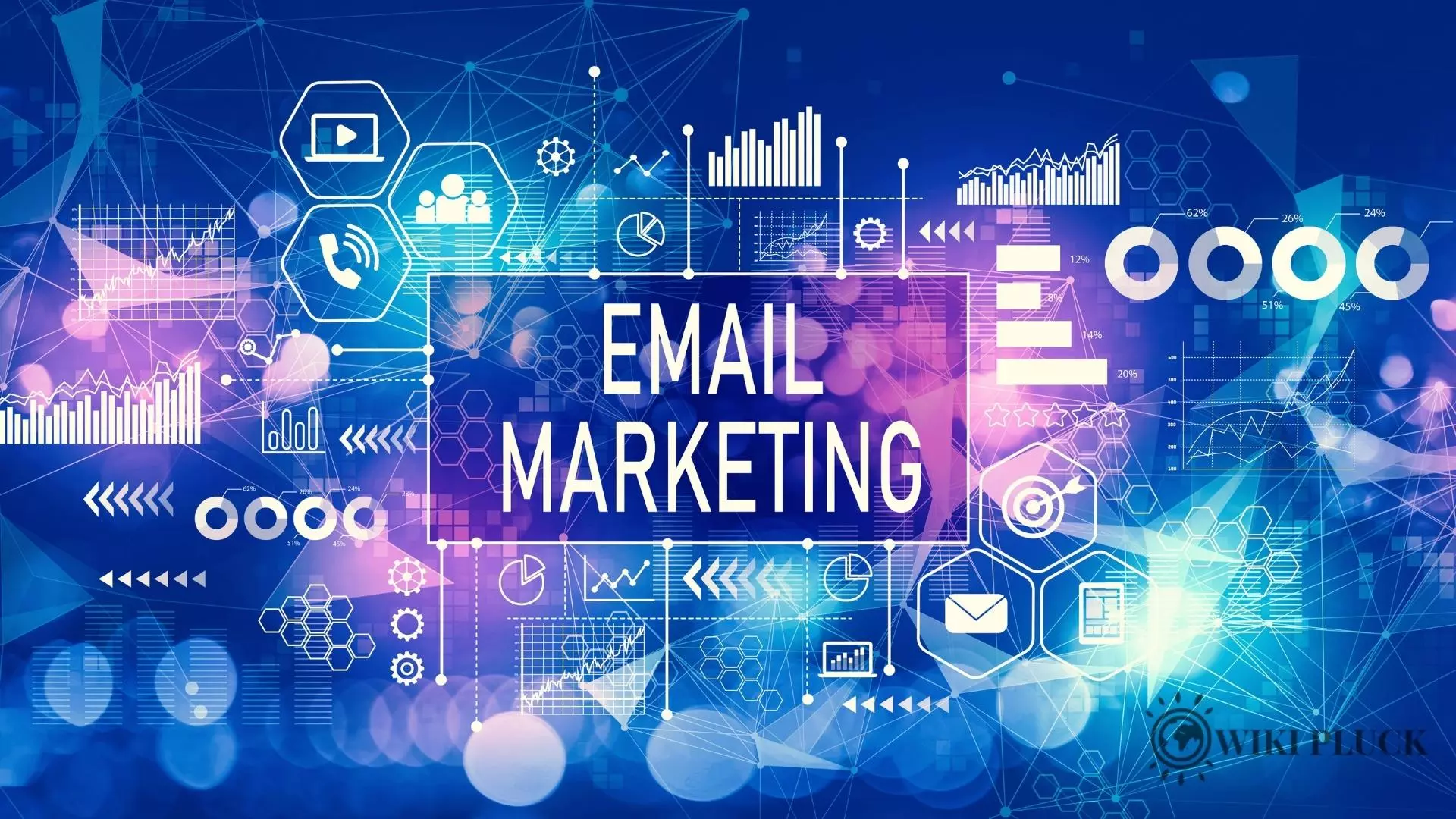Email marketing remains a cornerstone of business communication and engagement, especially in the digital age. Not only is it a direct line to your audience, but it’s also a powerful tool for conversion. However, the real power of email marketing comes from making it personal. And now, AI is here to change how businesses implement this strategy.
In this comprehensive guide, we’ll explore personalized email marketing, delve into the role of AI, and provide you with a roadmap to implement AI-powered strategies.
Whether you’re a seasoned marketing professional or a small business owner, you’ll discover the benefits of harnessing AI for your email campaigns and learn how to do it effectively and ethically.
Understanding Personalized Email Marketing
Before we dive into AI’s role in personalized email marketing, let’s clarify what personalization truly means in this context.
Defining Personalization in Email Marketing
Personalization involves tailoring your email content and messaging to suit each recipient’s unique preferences, behaviors, and needs, utilizing the wealth of digital marketing resources available today. It goes beyond simply addressing them by their first name. It’s about delivering relevant content that resonates with them on a personal level.
Benefits of Personalization
Personalization in email marketing opens up a world of benefits, from boosting engagement to improving customer loyalty. It raises the chances of your audience interacting with your emails and guides them toward the desired action, increasing conversion rates, and building a long-lasting relationship with your brand.
- Increased Engagement. Personalized emails are more likely to capture your audience’s attention. When recipients see content that directly speaks to their interests, they’re more inclined to open, read, and interact with them.
- Higher Conversion Rates. The ultimate goal of any email marketing campaign is to convert leads into customers. Personalization guides your recipients toward the desired action, whether making a purchase, signing up for a webinar, or downloading an ebook.
- Improved Customer Loyalty. By consistently delivering content that resonates with your audience, you foster a sense of trust and loyalty. Your subscribers are more likely to remain engaged with your brand over time.
Challenges in Achieving Personalization
Despite the impressive benefits, personalizing email marketing holds its fair share of challenges businesses must navigate.
- Data Collection and Management. Personalization relies on data. You need accurate and relevant information about your subscribers to personalize effectively. Collecting, storing, and managing this data can be a daunting task.
- Content Customization. Crafting unique content for each email recipient can be time-consuming and resource-intensive, especially as your subscriber list grows.
- Automation. Achieving real-time personalization at scale can only be challenging with automation tools and technologies.
Also Read: 5 Effective Tips to Use Email Marketing for Ecommerce
Leveraging AI for Personalization
AI is a game-changer for personalization because it can process and analyze vast amounts of data far more efficiently than humans.
How AI Enhances Personalization
AI offers a whole new level of refinement in email personalization. By analyzing customer data, predicting future trends, and generating dynamic content, AI makes the process more effective, personalized, and finely tuned to individual needs.
Data Analysis and Segmentation
AI algorithms can analyze customer data to identify patterns, preferences, and behaviors. This information helps segment your audience effectively, ensuring each group receives tailored content.
Predictive Analytics
AI can predict future behaviors based on historical data, allowing you to anticipate your customers’ needs and send relevant content before they even realize they want it.
Dynamic Content Generation
AI can automatically generate personalized content elements based on user data, such as product recommendations or subject lines.
Tools and Technologies
You must have the right tools and technologies to truly take advantage of AI’s capabilities in personalizing email marketing. What are these tools and technologies?
- Machine Learning Algorithms—These algorithms enable AI to learn from your data, continuously improving its ability to personalize content.
- Natural Language Processing (NLP)—NLP helps AI understand the context and sentiment of your content, allowing for more nuanced personalization.
- Customer Relationship Management (CRM) Systems—Integrating AI with your CRM system centralizes customer data, making it easier to personalize your emails effectively.
Also Read: Email Marketing: Hard Bounce vs. Soft Bounce
Steps to Implement AI-Powered Personalized Email Marketing
Now that we understand the potential of AI in personalized email marketing let’s break down the steps to implement it effectively.
Build a Clean and Comprehensive Customer Database
Your first step is to collect and maintain accurate customer data. This includes demographics, purchase history, browsing behavior, and other relevant information. A clean database is the foundation of successful personalization.
Segmenting Your Audience
Segmentation involves dividing your subscriber list into smaller groups based on shared characteristics or behaviors. AI can help you identify these segments automatically. Some standard segmentation criteria include:
- Demographics: age, gender, location;
- Behavior: purchase history, website visits, email engagement, and
- Preferences: product preferences, content interests.
Craft Personalized Content
With your segments in place, it’s time to craft personalized content for each group. Consider personalizing:
- Subject lines: Use data-driven insights to create subject lines that grab your audience’s attention and compel them to open your emails.
- Email body: Tailor your emails’ main content to address each segment’s specific needs and interests.
- Calls to action (CTA): Customize your CTAs to align with the desired action for each group. Whether purchasing, downloading a resource, or signing up for an event, your CTAs should be personalized.
Test and Optimize
Implement A/B testing to refine your personalized email marketing strategy continually. Test elements like subject lines, email content, CTAs, and send times to identify what resonates best with each segment.
Scale Your Efforts
As you see positive results, consider expanding your personalized email marketing efforts to reach a broader audience. AI can handle the increased workload while maintaining the same level of personalization.
Also Read: 10 Digital Marketing Tips to Grow Your Business Fast
Challenges and Considerations
While AI-powered personalized email marketing offers immense potential, there are challenges to consider.
Data Quality and Accuracy
Your personalization efforts are only as reasonable as the data you feed into your AI systems. Only accurate or updated customer data can lead to accurate results.
For instance, sending product recommendations based on erroneous purchase history can frustrate recipients. Ensure your data is accurate, up-to-date, and relevant.
Balancing Personalization and Privacy
Striking the right balance between personalization and respecting your customers’ privacy is crucial. Overstepping privacy boundaries can lead to trust erosion.
You may alienate your subscribers by sending overly personalized emails revealing sensitive or unsolicited information. That’s why it’s crucial to always prioritize ethical data practices.
AI Implementation Costs
Investing in AI tools and technologies can be costly. Businesses need to budget for acquiring, training, and maintaining AI systems. However, consider it an investment in the future of your business, as the ROI from personalized email marketing can be substantial.
Training and Skill Development
Building AI-powered email marketing capabilities requires a certain level of expertise. Businesses must invest in training their marketing teams or consider hiring professionals with AI proficiency to ensure successful implementation.
Also Read: Why Buy an Email Database for Your Company?
Takeaway
As technology advances, the opportunities for even more personalized and effective email marketing will only continue to grow. By following the steps outlined in this guide and remaining vigilant about ethical considerations, you can harness the full potential of AI in your email marketing efforts.
It’s your turn to take the first steps toward a more personalized and successful email marketing future. Start by assessing your current data and email marketing practices, and consider how AI can take your campaigns to the next level.
FAQs
How does AI improve email open rates?
AI improves open rates by analyzing recipient behavior and crafting personalized subject lines and content that resonate with each individual.
Can AI predict customer actions accurately?
Yes, AI can predict customer actions with a high degree of accuracy by analyzing historical data and behavior patterns.
Is AI suitable for small businesses?
Absolutely! AI-powered email marketing tools are available for businesses of all sizes, offering cost-effective solutions to boost engagement.
Are there any privacy concerns with AI in email marketing?
Privacy concerns can be addressed by using AI for consent management and ensuring customer data is handled carefully and in compliance.
How can I get started with AI-powered email marketing?
Choose an email marketing platform with AI-powered features and experiment with segmentation, personalization, and automation.
What is the ideal frequency for sending marketing emails?
The ideal frequency varies depending on your audience and content. Testing and analyzing the response rate is essential to determine the optimal sending frequency.
As the driving force behind WikiPluck, I am dedicated to curating and sharing insightful knowledge across a spectrum of subjects. From technology trends to Business advice, WikiPluck strives to be a go-to resource for those seeking to enhance their understanding and make informed decisions.
Join me on this journey of discovery and enlightenment as we pluck the gems of wisdom from the vast landscape of knowledge.

